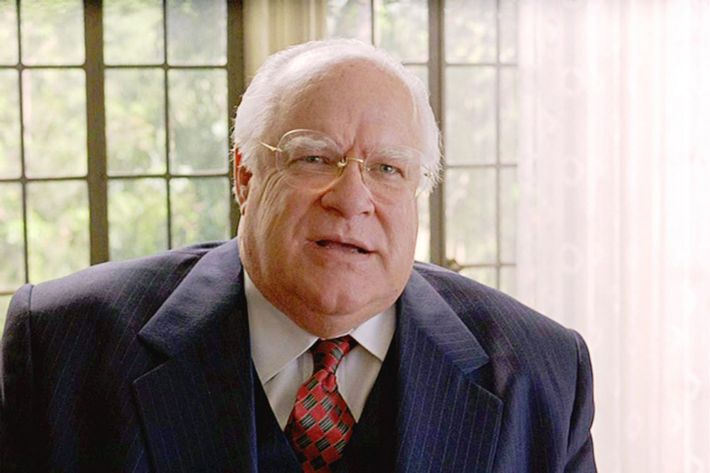
Bernie Sanders has run a surprisingly effective presidential campaign. But Bernie Sanders is not going to win the Democratic nomination. Sanders performs especially well in caucuses, in heavily white states, and in open primaries. He performs badly in racially diverse states and primaries that only allow registered Democrats to vote. Of the 1,400 remaining delegates to be voted on, just 14 (one percent) will be chosen by caucus. Nearly half will be chosen by two primaries, California and Pennsylvania, both of which Hillary Clinton leads in polling.
Two characteristics of the contest make Clinton’s delegate lead of around 200 and rising — which would not seem to be overwhelming compared with the remaining delegates to be won — virtually insurmountable. First, the race has largely hardened into place, as most voters have decided on one candidate or the other (Clinton being an especially well-known commodity). Sanders has expanded his base, but has failed to dislodge Clinton’s support among older and minority voters. Second, the proportional way in which states allocate votes make even a modest deficit all but insurmountable. Sanders’s path to the nomination, as calculated by Nate Silver recently, would require him to win New York by about 4 percent. He is going to fall nearly 20 percent short of that target. He would need, again per Silver, not only to close Clinton’s lead in California (and other states where she leads) but also to produce an overwhelming victory.
The trouble is that Sanders and his supporters are not listening to Nate Silver. Instead, the campaign is propounding all sorts of weird, quasi-mathematical approaches to the question of delegate math. Seth Abramson, a poet and assistant professor of English at the University of New Hampshire, has published a series of alternative analyses of the Democratic race with headlines such as “Bernie Sanders Is Currently Winning the Democratic Primary Race, and I’ll Prove It to You,” “Hard Proof That Hillary Clinton Has Been Losing to Bernie Sanders for a Month Now, ” “Hillary Clinton’s Support Among Nonwhite Voters Has Collapsed,” “Clinton Delegate Lead Down to 194, Even as Dramatic Miscounting of Delegates by Media Continues,” and so on. The Sanders campaign itself is not endorsing Abramson’s experimental-poetry approach to electoral forecasting, but it is decrying the system as rigged in various ways: The sequencing of states is unfair, the voting power of the “conservative” — but in reality, heavily Democratic and African-American — South is unfair, closed primaries are wrong. (The campaign has not questioned the fairness of low-turnout caucuses, which are even less democratic than primaries.)

Sanders’s denunciations of the primary system as rigged have merged with his descriptions of the economy and the political system as rigged. In combination with his attacks on Clinton for succoring Wall Street — which are exaggerated but not entirely imagined — Sanders has conjoined Clinton and the Democratic Party apparatus to the shadow nexus of villains that he and his revolution are pledged to overthrow. Jeff Stein traveled to Ithaca, an outpost of Sanders enthusiasm, and found the place almost uniform in its conviction that Democratic voters actually had preferred their man, only to be thwarted by some ill-defined combination of fraud or corporate/media chicanery.
If he grasps the situation clearly, Sanders is no longer running a presidential campaign in the sense that he’s leading an effort designed with the end goal of winning the presidency. He is running a message campaign, using the platform of a campaign and its free media publicity to organize supporters and circulate his ideas. That is a perfectly valid thing for him to do. But does Sanders grasp the situation clearly? When Clinton kept her doomed campaign churning to the bitter end in 2008, even in the face of insurmountable delegate odds, she was driven by delusional advisers who believed an inflammatory tape of Michelle Obama assailing white people was poised for release. Sanders may well be in the grips of similar fantasies. Given the shaky mathematical foundations of some of his domestic plans, it would almost be a surprise if he were not.
Even a message campaign needs something to say about the process — some reason to motivate its supporters to organize and turn out. That becomes difficult when victory is off the table. The problem for Sanders is that his message about the campaign is infecting his message about the country with an angry, self-serving paranoia.






























